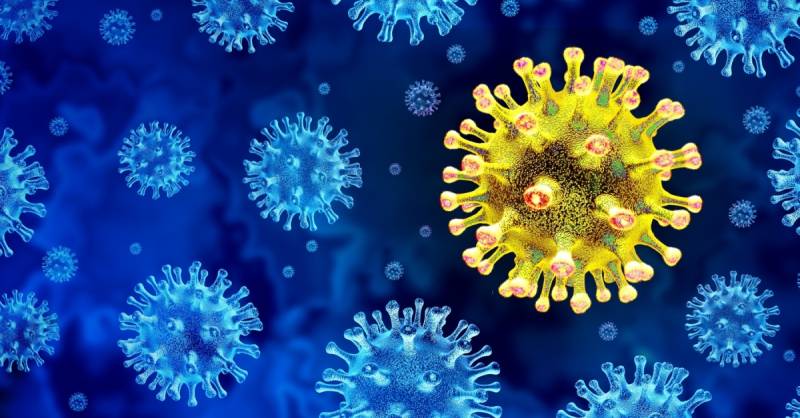
Five more cases of the highly transmissible JN.1 variant of the SARS-CoV-2 virus were detected on January 13, Saturday, according to the Sindh health department.
Three male passengers arriving in Karachi also tested positive for Covid-19 on January 13.
The Sindh health department has announced plans to set up a task force to monitor and respond to the threat from the JN.1 variant.
AKUH lab detects JN.1 SARS-CoV-2 variant in Karachi, reports 5 local cases
A lab at the Aga Khan University Hospital in Karachi claimed on January 10 to have detected the JN.1 Covid-19 variant, which has been labelled a variant of interest (VOI) by the WHO.
The variant is high transmissible, albeit it only causes mild symptoms, not too dissimilar from a common cold. JN.1 is related to the Omicron strain of the virus and is currently the most common strain in the United States of America.
According to the Aga Khan University, the earliest samples in which the JN.1 variant was discovered from a traveler who had arrived in Karachi on December 31. People returning to the country have been randomly selected for testing, and a number have tested positive for Covid. The samples are sent to the Aga Khan University for genetic sequencing.
The JN.1 variant is concerning owing to “immune evasion,” rendering vaccines administered in the past less effective against the strain. The WHO has however suggested that the current evidence shows that risks to public health from the variant remain low; while it can evade the immune system more readily and has higher transmissibility, it does not pose the risk of more severe disease.
In response to the detection of the JN.1 variant, the federal government has begun the acquisition of 500,000 doses of the Covid-19 vaccine.
The National Institute of Health (NIH) had previously issued an advisory on January 2 over the JN.1 variant. The Islamabad Healthcare Regulatory Authority also issued an advisory on January 9.
